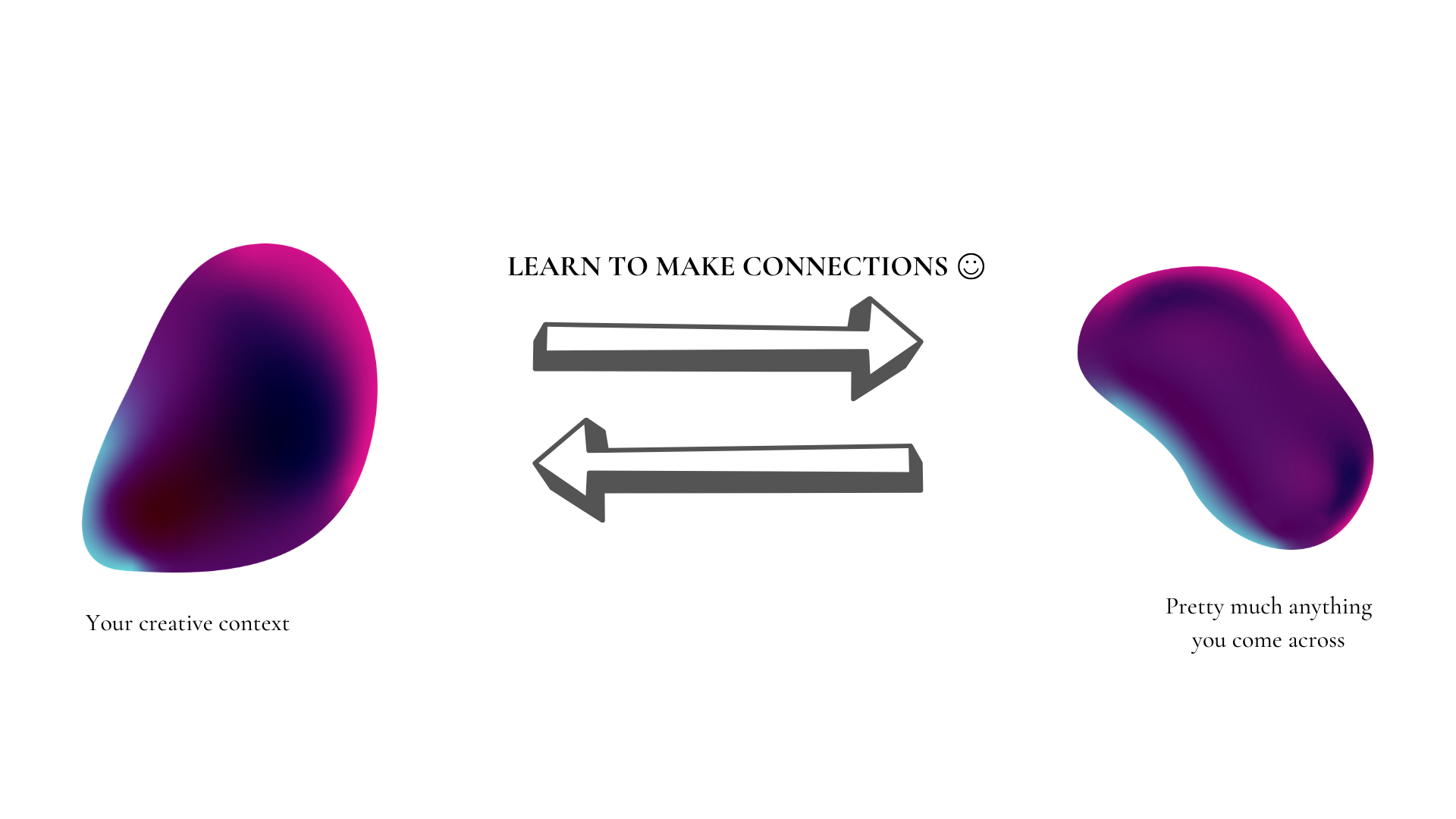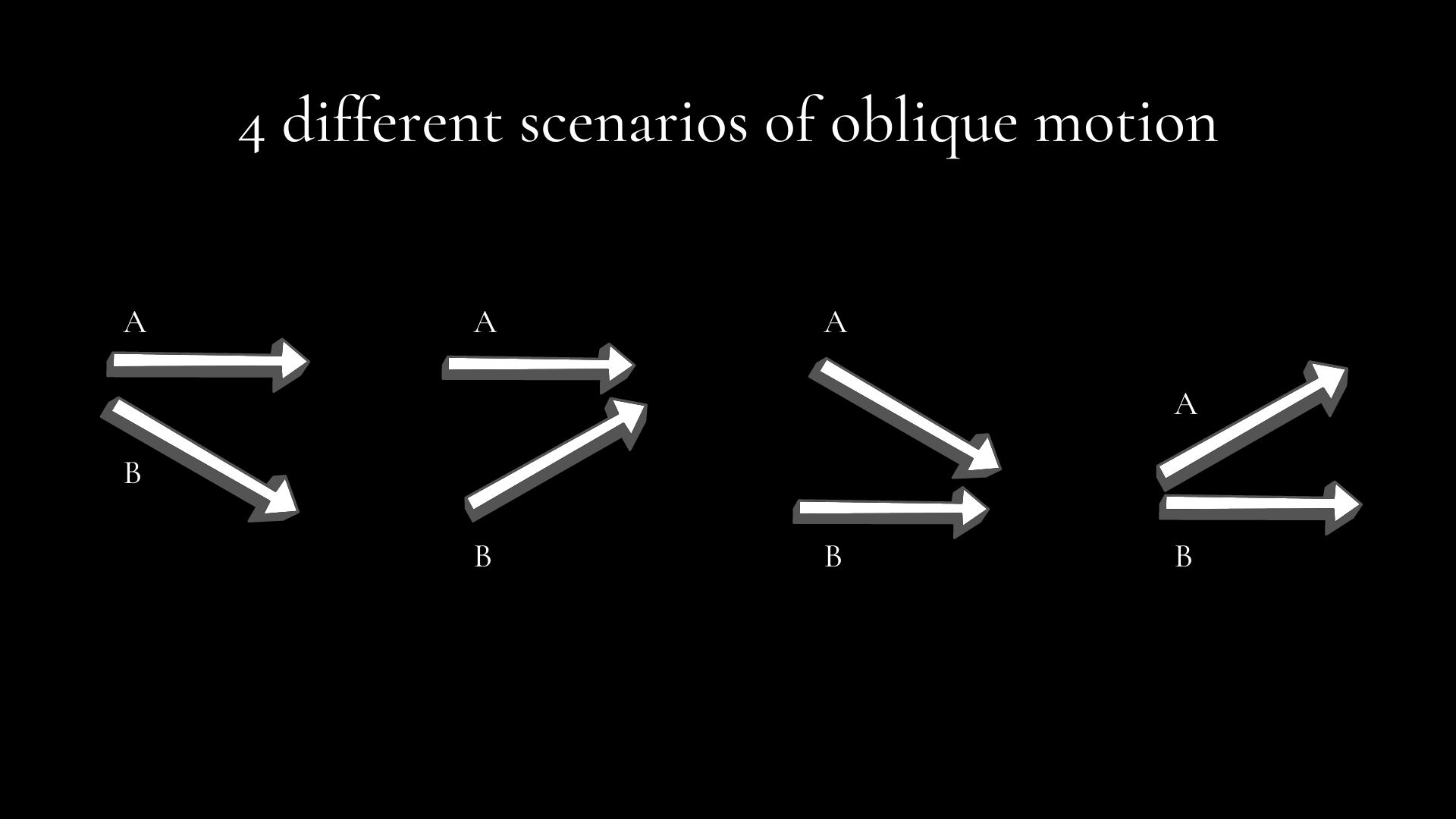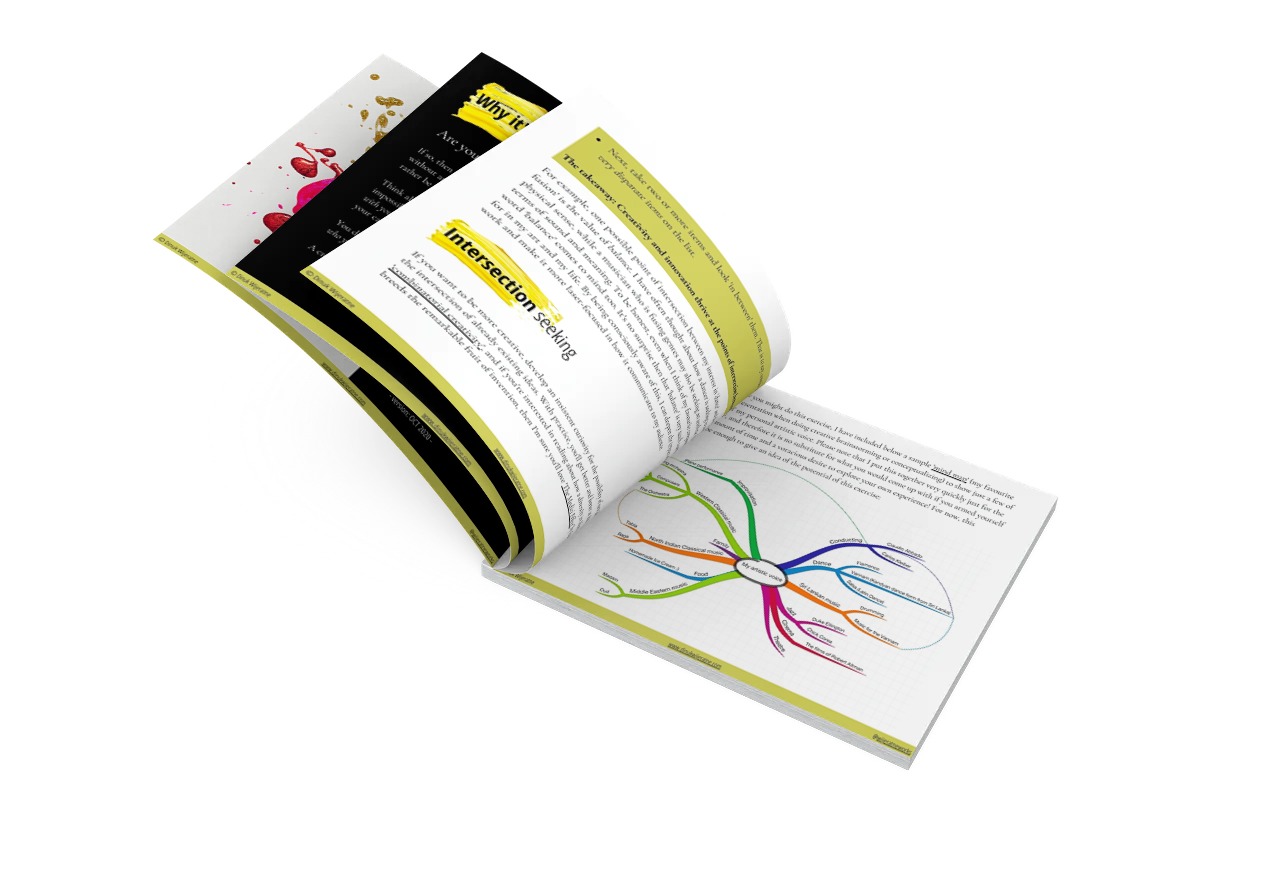Dinuk Wijeratne – August 2nd, 2020

A Quick & Easy Way to Get Creative Ideas

OBLIQUE MOTION in music counterpoint as a concept to inspire creativity
This is a post about creativity masquerading as a post about a very specific aspect of music counterpoint.
Here is a summary:
- In order to improve the quality of your creative ideas, practise making potential connections between the needs of your own context and anything you come across.

When music counterpoint (a foundational topic for musicians) is taught, it is often put across as a set of ‘do-or-die’ principles without any context of why the principles work or even exist in the first place. As a result, students walk away with no actionable means of applying these principles to their own unique contexts.
So this is not a post about how to create ‘oblique motion’ in music counterpoint. There are plenty of thorough ‘how-to’ guides all over the internet.
Idea-seeking, concept-extraction & takeaways
If you are a musician, take a moment to consider the abstract concept and psychology behind any principle or technique you use in your music.
If you are not a musician, take a moment to consider the abstract concept and psychology behind an arbitrary idea such as ‘oblique motion’ in the discipline of music counterpoint, and try to extrapolate from it a fresh idea that you might use in your own discipline.
This kind of perspective-taking, or ‘concept extraction’ (to use a term from Edward de Bono’s Lateral Thinking) is driven by the urge to search for hidden value in unexpected places. What general idea might you see in anything in this world that you can then practically apply and use for your own benefit? What ‘takeaway’ do you see that can help you in your own creative context?
Musicians, I propose that we make it a habit to do this for every principle or technique that we use in our music-making. How else will we think more deeply, generate new ideas, or teach the next generation more effectively? Too often, we are doing things because we were told to, with no understanding of why these things may be important or effective in the first place.
In terms of ‘idea seeking’, and in order to get ‘the most bang for the least buck’ in this way, you have to expand your perspective of an idea to a point of abstraction that is sufficient for you to be able to then use it in a completely different context.
Check out the video!
In the case of the example on this page, ‘oblique motion’ – in the topic of music counterpoint – refers to a particular kind of relative motion between two voices.
Music is a medium in which voices are stacked vertically. We say that oblique motion takes place whenever one voice continues moving straight ahead while the other voice moves either towards the first voice or further and further away from the first voice.
Let’s call them voice A and voice B. It doesn’t matter whether the moving voice is above or below. So you would get four possible scenarios of oblique motion:

Loosen your perspective
Think of the voices as anything, really.
They could be objects in motion, or situations, or characters who have agendas relative to one another.
Seen this way, oblique motion refers to a kind of tension generated when one ‘thing’ (whatever it is), remains fixed while the other moves closer or further away. It’s that simple.
You can now decide to use this idea creatively in any way you wish.
You see the scenarios where the two ‘things’ end up further apart? I am reminded of a great moment in Inherit the Wind. It is an interaction which is essentially about personal growth and how friendships change over time. The character Brady asks: “Why is it, my old friend, that you have moved so far away from me?”. Drummond replies: “Well, all motion is relative, Matt. Perhaps it is you who have moved away….by standing still”.
Let me know if you have any questions! Topics you want me to blog about? Send me a message: wijeratneworks@gmail.com
Subscribe to the YouTube channel
UNLOCK THE FULL POTENTIAL OF YOUR CREATIVE UNIQUENESS.
Do you want to set yourself apart from the competition?
Learn how to ‘define your artistic voice’ – and dig deeper into your projects – using an ideation strategy that really works.
